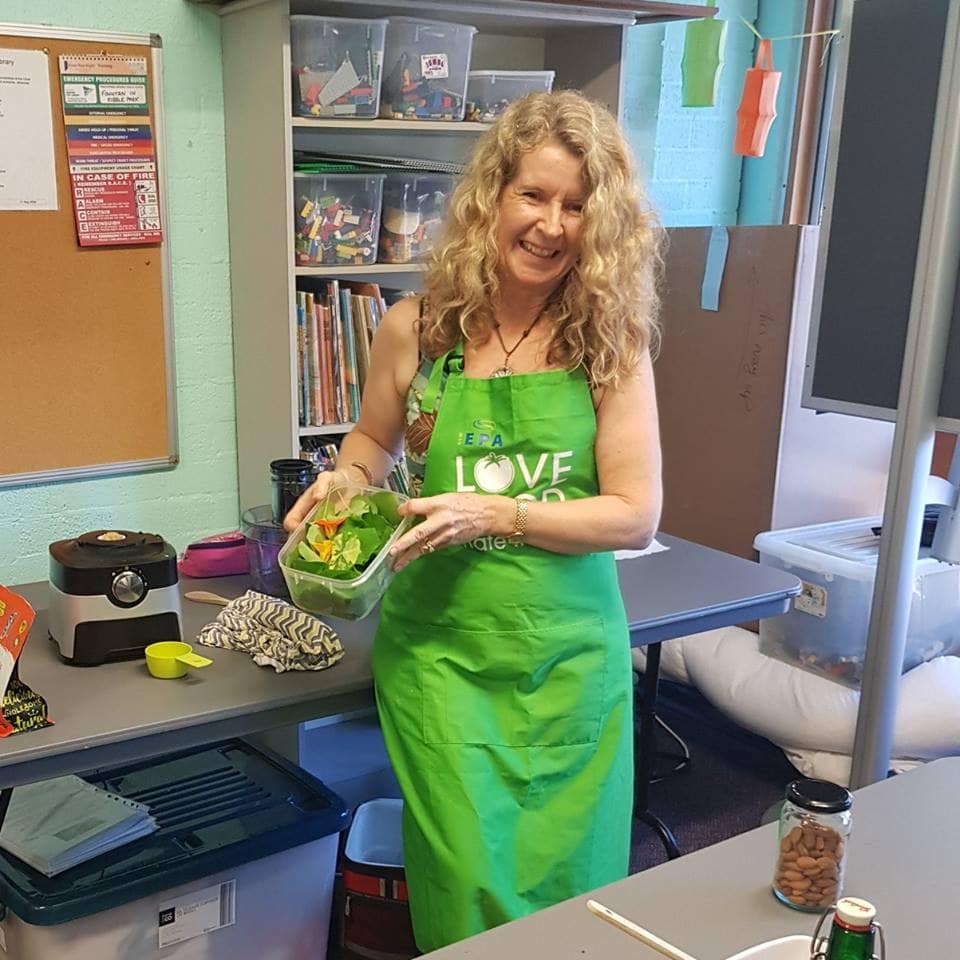Kerrie Anderson talks about her work guiding others in their Permaculture adventures. She talks about the core of Permaculture being its ethics. And the power of mindfulness in everything we do.
Transcript
[Music]
>> KERRIE ANDERSON: The strength of Permaculture is the three ethics at the core of everything we do. And while they might seem quite simplistic to people, if you’re just looking at them from a superficial level – of course the deeper you delve, the more complex you realize they are. And they are all-encompassing. And that was definitely the aha! moment for me. Just having that ethical Foundation or Centre is probably a better way to describe it. Because we know it’s not a building block it’s literally core to everything we do. So it informs all my decisions in my life and and that makes sense to me to bring them back to those three core ethics.
Somebody once asked me what’s my superpower with permaculture? I think it’s connection. So connecting people with the content of what permaculture is and and really the feeling, like I really always try and work with my heart. Obviously the head’s very important and the knowledge and and the skills that just working with the heart of why do people want to learn more about permaculture, why do they want to weave it into their life and base their life around it. Then creating that with the heart really inspires people and enthuses people. And for me, that’s really central.
A lot of people have the misconception that permaculture is is about just organic edible gardening, which of course we know, is much broader than that. People that think that they can express their permaculture as a lone individual, you know, creating that self-sufficient lifestyle idea. I mean, once you really truly understand permaculture and you’re working with the ethics and the principles you know that that’s so completely the wrong model.
It’s about Community. It’s about connection not just with the planet with nature, but with human nature as well.
So, I realized very quickly that social permaculture, actually yes, is an area of permaculture that’s really often overlooked. But is so critically important we can get every other aspect of our practice, you know, spot on. We know the ideas, we’ve got the design down, and know the principles and ethics and we’re working with them. But if we’re not working with people in an effective and meaningful way and learning how to accept diversity in human behaviour and human interaction and how to work with groups and how to connect with people about this message then we’re not going to go anywhere as a permaculture movement.
Like, you can talk about it until you’re blue in the face, really. But you have to lead by example.
For me, I guess coming from that Healthcare model where I was that old-fashioned nurse having to care for people learning a lot about human nature in that medical system and human frailties and and how to communicate with people well. That helped keep me in good stead. But also my personal practices of practicing heartfulness meditations helps. I’m always about trying to let go of patterns that don’t serve my behaviour. And in my communication doing better and being aware of other people. And aware of how they’re feeling in certain circumstances has been fundamental. So,
I think that really helped inform my teaching style and who I am as a person. And trying to always bring it back to that.
So, even if you’re on the head level staff and you’re giving the theory and getting the practicing with students that you’re always very mindful of that people care. And that fair share ethic. And most of all, you’re modelling that. By having that consciousness of diversity and and designing the coursework for everybody.
>>APRIL SAMPSON-KELLY: Thank you so much.
[Music]
This video is posted on our website with the permission of Permaculture Visions.

